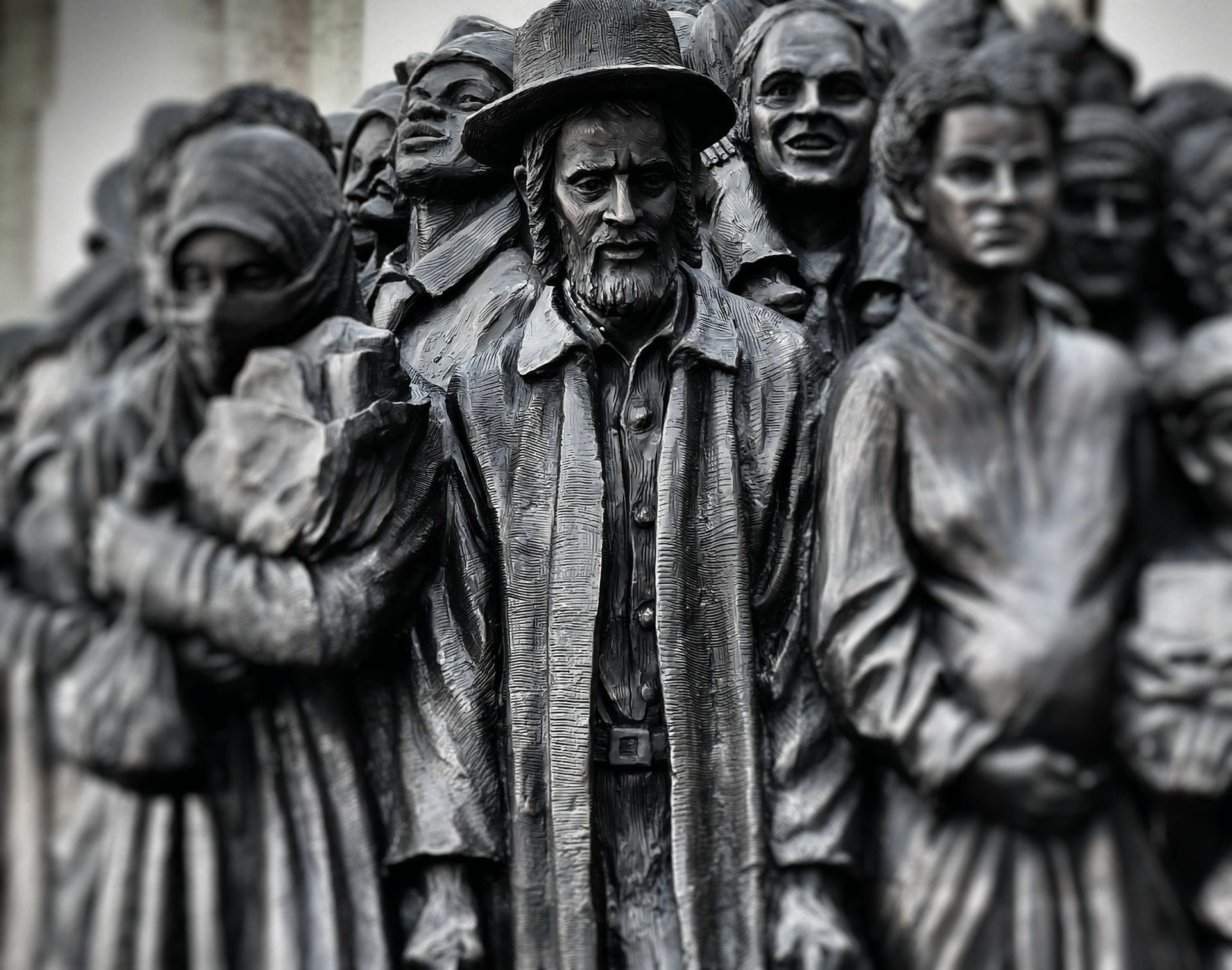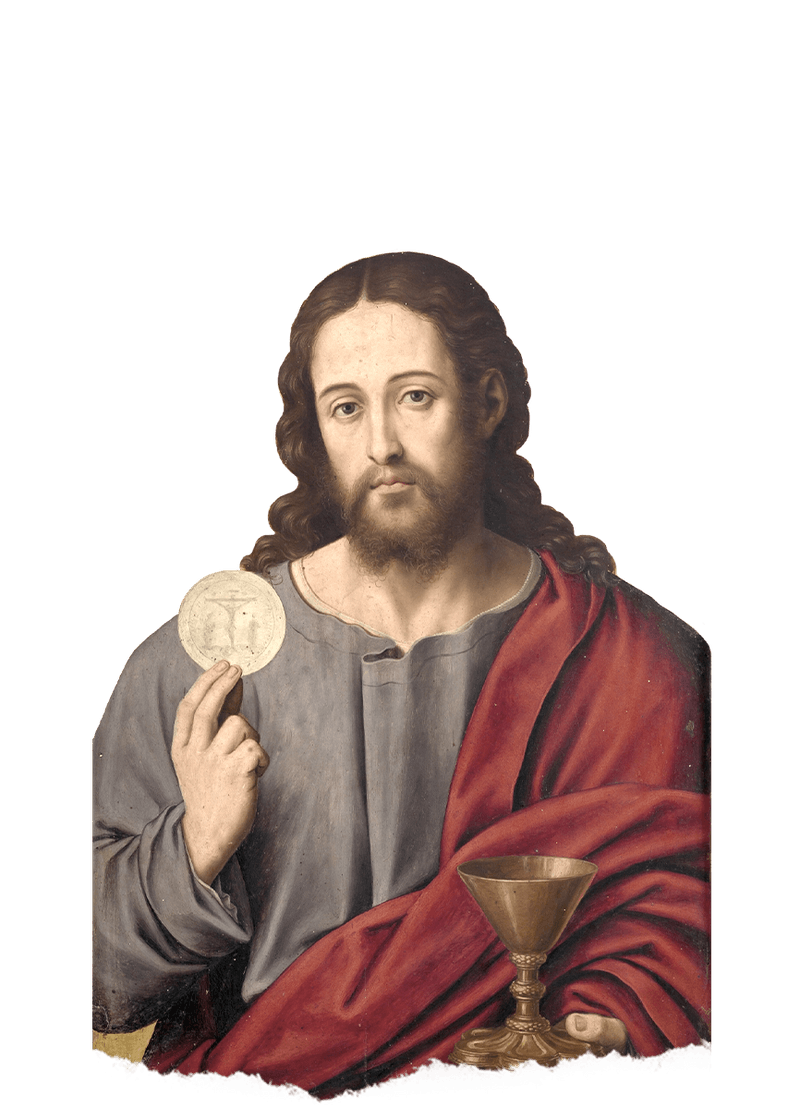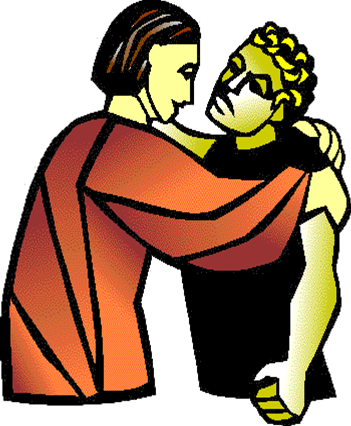You are probably surprised that in the midst of the rapid escalation of confirmed cases, Arizona trending in social media because of the surge, border towns such as Douglas emerging as the epicenter of the contagion/the hotspot in Cochise County, the formidable and relentless enemy invisibly hopping between individuals, outdoor (in-person) Mass is offered. While we don’t know exactly the severity and transmission of the pathogen, outdoor service at least according to science poses lesser risks. There are many options but this weekend, this is the route we take. We talk about therapies and vaccines and safety protocols as the be- all and end- all of this crisis including staying home, wearing mask, keeping distance and washing hands but no serious religious person will deny the power of prayer, the divine intervention of the omnipotent God. These challenging times have been marked by struggles of all kinds in an unimaginable degree. We’ve been consumed by the sobering news and saturated by the grim data. Just as Jesus went out of the house and headed to the shoreline, actually, in the boat, a perfect spot for his message to be heard without the aid of audio/video system, this Sunday we went from the house of worship to the great outdoors, settling temporarily in the school yard in the early hours of the morning, with a breath of fresh air as the sun slowly lights up the sky.
The parable of the sower is the first in a series of parables in this section of Matthew’s Gospel. A parable is a story or a riddle Jesus used drawn from the ordinary experiences of life to stimulate our thoughts and to puzzle us about a deeper dimension of life. Unless we look into the details, we won’t get what he meant. That’s just how it was designed. I suppose, this parable makes us all feel bad because many, if not all of us even if we claim we are devout Catholics, would unhesitatingly identify ourselves with all of the above: the beaten path/the dirt road, the rocky and stony ground with shallow earth and the thorns and thistles and last, the rich soil. We belong to different kinds of soil which represents the many ways in which we respond to God’s word. We linger at the beaten path when we do nothing but bad mouth religion and church. We glorify ourselves by criticizing our parish. We remain at the dirt road every time we become cynical, indifferent and ungrateful in spite of the many blessings bestowed on us. These are people who are completely out of sync with faith matters. We are at the rocky ground when we start off with new and fresh beginnings but are easily swayed by trials and tribulations, succumbing to temptation, caving in easily to outside pressure, losing hope and lacking perseverance and desire to bounce back, finding ourselves at the end of the cliff. The soil with an abundance of thorns and thistles represent life choked by material possessions, lust, and anxieties of all sorts. We try but we are not there. We come to Mass but our minds are actually into worldly affairs. And now comes the rich soil characterized by those who hear and understand, those who take it to heart for to them knowledge of the mysteries of the kingdom of God has been granted.
Jesus is the sower. The seed sown is the word of God. It’s priceless. It looks tiny, hidden, almost invisible but has the great potential to produce much fruit. Noticeably, a large portion of the parable along with the detailed explanation has been devoted to the various sorts of soil with limited time and appearance to the sower except in the opening verses. And yet, it’s not about the soil, our response and the likes. Remember, it’s entitled the parable of the sower, that means, it’s about the sower, who despite so many adversities faced from the primitive times to the present, God will accomplish his purpose. The seed will, eventually, bear fruit. It will produce a hundred, sixty, or thirtyfold.
It’s a fascinating parable. It draws so much attention to the depths of life. I’ve heard incredible- conversion stories of fallen-away, lapsed, inactive Catholics – even the worst of humanity coming back into faith…you name it…I bet all of us have seen people who have fallen off the tracks and to our surprise, one fine Sunday you see them sitting in the pew, a perfect scenario of the parable of the sower. Whatever obstacles posed by the beaten path, the hardness of the rocky ground, the prickliness of thorns and thistles, eventually, God will accomplish his purpose. God will reach his goal. Believe in divine intervention and one day, in the smoldering heat of summer, in the dead of winter, a miracle will happen in the most unexpected time, place and event. Let the extravagant sower throw in holy abandon the tiny, invisible, almost life-less seed, for one day, we’ll see amazing and unbelievable results.
The prophet Isaiah beautifully illustrates the preciousness of water and seed in light of the wonders of God’s word, “Just as from the heavens the rain and snow come down and do not return there till they have watered the earth, making it fertile and fruitful, giving seed to the one who sows and bread to the one who eats, so shall my word be that goes forth form my mouth; my word shall not return to me void, but shall no my will, achieving the end for which I sent it (Isa. 55: 10-11)”. Just as water and seed is essential in life, so shall God’s word be.
Take these consoling words from Paul, “The sufferings of the present time are as nothing compared with the glory to be revealed for us (Romans 8: 18)”. In spite of the troubles of this age, the catastrophes, the disasters, the earthquakes, the plagues, wars and violence, the devastation of Covid-19 (death, bereaved families, long road to recovery of those afflicted, economic toll, job loss, psychological impact to health, stress involved), God’s promise for a better world and bright future will come into fruition. Amen.
PARISH BLOG



ABOUT US
WELCOME
SAINTS AND SINNERS, FAITHFUL AND UNFAITHFUL, RELIGIOUS AND OTHERWISE
USEFUL LINKS
CONTACT INFO
IMMACULATE CONCEPTION
928 C Avenue, P.O. Box 1176
Douglas, AZ 85607
PHONE: (520) 364-8494
ST. BERNARD AND MISSIONS
2308 N. McKinley St., P.O. Box 3101
Pirtleville, AZ 85626
(520) 364-2762
ST. LUKE
1211 E 15th St., Douglas, AZ 85607
(520) 364-4411
FLOCKNOTE SIGNUP
Diocese of Tucson News: Do you miss our diocese's former print newspaper “The Outlook”? Did you know that we now have an online version called: “The New Outlook”? Sign up for it today and it will automatically go to your email every week. It is entirely free, and it informs our readers about inspiring and important local, national, and international Catholic issues and events. To sign up for the “The New Outlook”
Log on: https://news.diocesetucson.org/subscribe
Enter your name and email address and you will begin receiving “The New Outlook” weekly in your email.
May God bless you abundantly!
Bishop Edward J. Weisenburger
